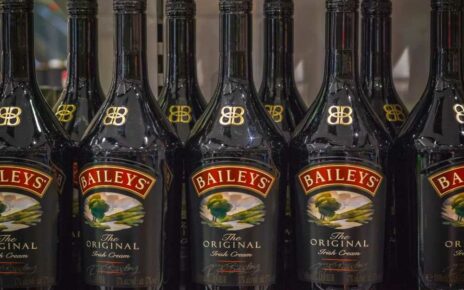Save articles for later
Add articles to your saved list and come back to them any time.
Australians’ safety and economic prosperity will be secured by deepening ties with our Asian neighbours, Anthony Albanese said in a major foreign policy speech as his government opted against joining a US-led Middle East mission to defend against shipping attacks.
In a key foreign policy speech to the Lowy Institute on Tuesday night, the prime minister said Labor had made Australia relevant in global debates on issues such as climate change and helped bring about improved relations between the world’s two superpowers, the US and China.
Prime Minister Anthony Albanese’s last major speech of the year has concentrated on foreign policy.Credit: Alex Ellinghausen
Albanese, who has been under pressure from both his left and right flanks over his stance on the conflict in Gaza, repeated his call for an ongoing ceasefire, said Hamas could play no future governing role in Gaza, and mourned all civilian deaths.
Australia this week declined to join a multinational task force to defend against Iranian-backed Houthi missile attacks in the Red Sea as the Israel-Hamas war threatened to widen – a decision deputy opposition leader Sussan Ley branded “weak”.
Albanese used his speech to assert that Australia’s future would be “defined” by its approach in the Asia-Pacific, invoking World War II Labor prime minister John Curtin and his role in “setting our own foreign policy” and “anchoring Australian strategic policy in Asia”.
“Australia is seeking our security in Asia, not from it,” Albanese said, adding he was clear-eyed about China’s power-seeking motivations.
“We are not just observers of the interplay of others’ ambitions. What Australia says and does on the world stage matters – to our security, our prosperity, to the strength and stability of the region we call home.”
“Securing our home, strengthening our region, and shaping our future.”
Ley, acting as Coalition leader while Peter Dutton is on leave, said Albanese had disrespected Australia’s AUKUS allies through the government’s reluctance to help protect Red Sea trade routes, which Ley said were crucial for oil prices.
“All we have from Anthony Albanese is weak, indecisive, non-leadership on issues of critical international geostrategic importance,” she said.
Pro-Palestine protesters including Greens senator Mehreen Faruqi said they would demonstrate outside Sydney Town Hall where Albanese delivered his speech.
In his address, Albanese urged Israel to respect humanitarian law as it continued a military campaign that Hamas-run authorities say has killed 18,700 Palestinians. The bombardment followed Hamas’ October 7 terrorist attacks that killed an estimated 1300 civilians.
“Australia wants to see this pause resumed and we support urgent international efforts towards a sustainable ceasefire,” Albanese said. “[Hamas] must stop using Palestinian civilians as human shields, and lay down its arms.
“And I reiterate what I said in Parliament in October: Hamas is the enemy, not the Palestinian people.”
Along with the stabilisation of relations with China, Albanese spruiked his government’s midterm achievements on the world stage.
He cited “turning our alliance with the US to face the future”, new pacts with Indonesia and the Philippines, deepened relationships with India and Japan, commitment to ASEAN, and renewed focus on islands like PNG and Tuvalu, which the Morrison government was accused of ignoring.
By travelling to China and overturning trade strikes on products like timber and wine, Australia’s economy had swelled by up to $10 billion, the prime minister said.
While the Asian superpower was seeking to shape the world in its interests, the prime minister said it was only through “patient, calibrated” dialogue that Australia could harness the precarious relationship to its advantage.
Amid an ongoing war in Europe, the Middle East and the rise of autocratic leaders around the globe, Albanese said the world was “more economically connected than ever but also more politically fragmented.”
“A world confronting new flashpoints, old fault lines, ongoing tests of the rules-based order and resurgent challenges to free societies and open economies.”
“Our actions have to be anchored in a strategic framework and shaped by an overarching vision for Australia’s future and our place in the world. Investing in our deterrence and our diplomacy.
“This reflects our recognition of Australia’s interests but it also speaks for our belief in Australia’s agency.”
Most Viewed in Politics
From our partners
Source: Read Full Article



